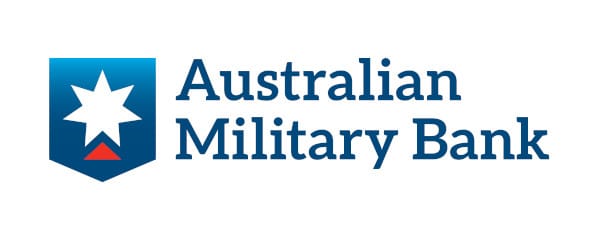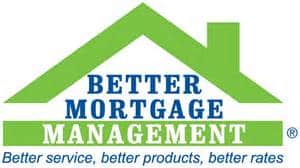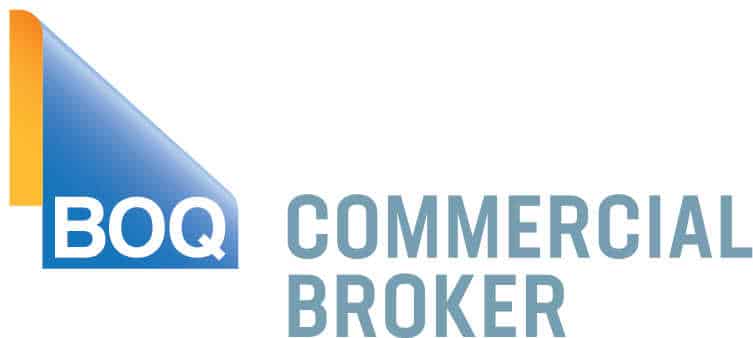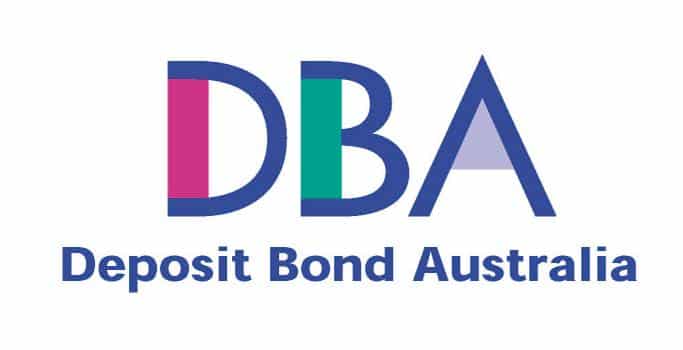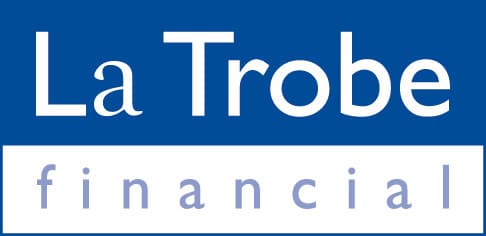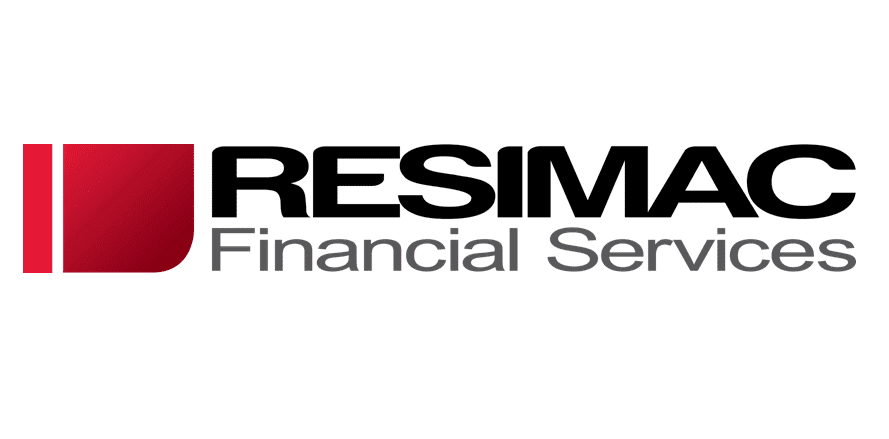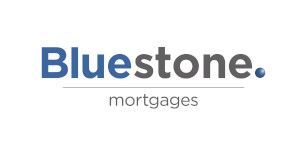If you’re trying to save money for a house deposit, or simply want to expand your property portfolio, it’s more important than ever to get financially fit.
By getting your finances together and building a plan that will help you achieve your goals, you’ll be well on track to not only purchase that next property but begin the process of securing your financial future.
Here are three things you should do to get financially fit.
Build your budget
We all know the importance of a budget, but when you’re trying to achieve big financial goals, a budget takes on added importance.
It’s even more critical for first home buyers to have an airtight budget as lenders like to see that a potential borrower has the ability to manage money.
When building out your budget it’s important to know where all your expenses are going. Start by breaking down the different costs you have each week and then take a close look at what you consider to be necessary and which ones might not be so important.
If you’ve got a number that you need to reach with your savings then it’s important that you are putting aside enough each week to get you to your goal. If you’re not, it’s time to tighten your belt and look to cut down on things that you don’t need.
The basic rule is spend less than you earn! For many people, particularly with the access to buy now pay later companies, this exercise is easier said than done! But the discipline to regularly go to the gym, and regularly reviewing your spending habits reap similar results.
Consolidate debt
One of the most effective ways to improve your financial situation in a hurry is by getting rid of high-interest debt.
It’s always advisable to speak to a mortgage broker about your options when it comes to debt consolidation.
Debt consolidation typically involves rolling over your higher-interest debts like credit cards, and other unsecured loans into one easy to manage loan with a lower interest rate. For those with equity in their property, consolidating and restructuring your finance can improve cashflow.
By restructuring your debts, you can freeup extra cash that you can use to help pay down those debts faster, leaving you in a far stronger financial position.
Review your credit
One of the first things a lender is going to do is take a close look at your credit report to get a sense of what type of borrower you are.
If you’ve been a little sloppy when paying bills and other debts in the past, then that might show up negatively on your credit report.
One of the good things about taking control of your finances is that you can work to improve your credit score. By paying things like bills early, your credit score will improve. It’s also important to examine your credit report to make sure it doesn’t contain any errors, such as any outstanding debt that you’ve already paid off.
While these steps might seem small, when you’re financially fit, you will be in a far stronger position to approach lenders and start (or continue) to grow your property portfolio.


































